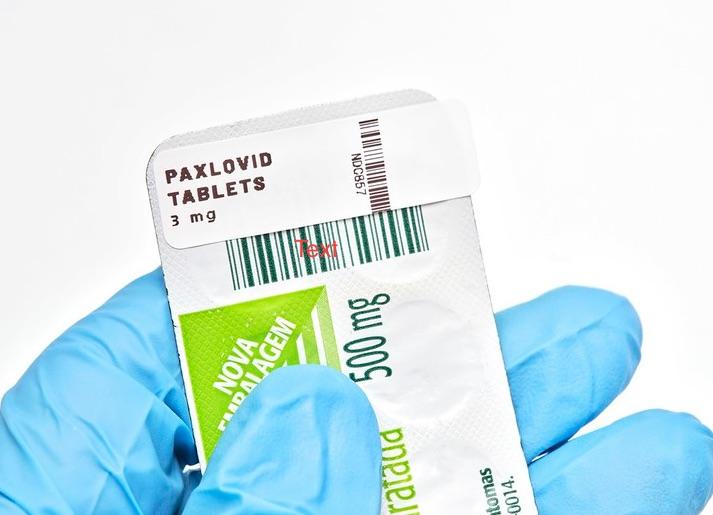The World Health Organization (WHO) today strongly recommended Pfizer's Paxlovid drug for mild to moderately sick COVID-19 patients who are part of high-risk groups, but also called for efforts to boost access to the treatment for low- to middle-income countries.
Also, the WHO updated its recommendation for another antiviral, remdesivir.
WHO pushes for equal access to Paxlovid
Paxlovid is an oral SARS-CoV-2 protease inhibitor called nirmatrelvir that is given with a low dose of the HIV antiviral drug ritonavir, which can boost the level of protease inhibitors. The drug combo is designed to be given at the first sign of illness and is taken twice a day for 5 days. In December, the US Food and Drug Administration (FDA) authorized the drug for emergency use.
In a statement, the WHO said it based the recommendation on new data from two randomized controlled trials that included 3,078 patients, which suggested that Paxlovid can cut the risk of hospitalization by 85% among high-risk groups.
The WHO said its recommendation applies to those who are at highest risk for severe disease, such as those who are unvaccinated, older, or immunocompromised. It added that data showed benefits were negligible in lower-risk patients.
However, the WHO aired concerns about two obstacles for rollout of the drug to low- and middle-income countries. One is access to early testing and diagnosis, since the drug needs to be given in the earlier stages of infection. The WHO pointed to data that suggest average daily testing rates in lower-income countries are one-eightieth that of higher-income countries.
The second concern revolves around an unclear picture of availability and pricing information from the company. Pfizer and the Medicines Patent Pool recently made a licensing agreement for a limited number of countries to make a generic version of the product, but so far, none are at the stage of supplying the drug.
"WHO is extremely concerned that—as occurred with COVID-19 vaccines—low- and middle-income countries will again be pushed to the end of the queue when it comes to accessing this treatment," the statement said.
New hospital data sway remdesivir recommendation
Also today, the WHO updated its recommendation for remdesivir, after previously recommending against its use in COVID-19 patients regardless of severity.
Earlier evidence showed little or no impact on deaths, but new clinical data found that the drug speeded recovery in hospitalized patients, which the WHO said prompted its updated recommendation.
The WHO now recommends its use in mild or moderate COVID-19 infections among those at high risk for hospitalization. It said a recommendation for remdesivir in severe or critical cases is currently under review.
The FDA approved remdesivir for the treatment of hospitalized COVID-19 patients in October 2020.
Shanghai cases, deaths climb higher
As Shanghai's surge continues, amid a nearly month-long lockdown, the city reported 11 more deaths, according to a daily update from China's National Health Commission.
Overall, China reported 18,502 new local cases today, 16,383 of them asymptomatic. Of China's symptomatic cases, 91% are from Shanghai, and of the asymptomatic infections, 95% are from Shanghai.
As cases fall in part of Asia affected by earlier Omicron waves, Hong Kong will start allowing international travelers for the first time since 2020, and Singapore announced that it will end most of its COVID-19 restrictions next week.




















